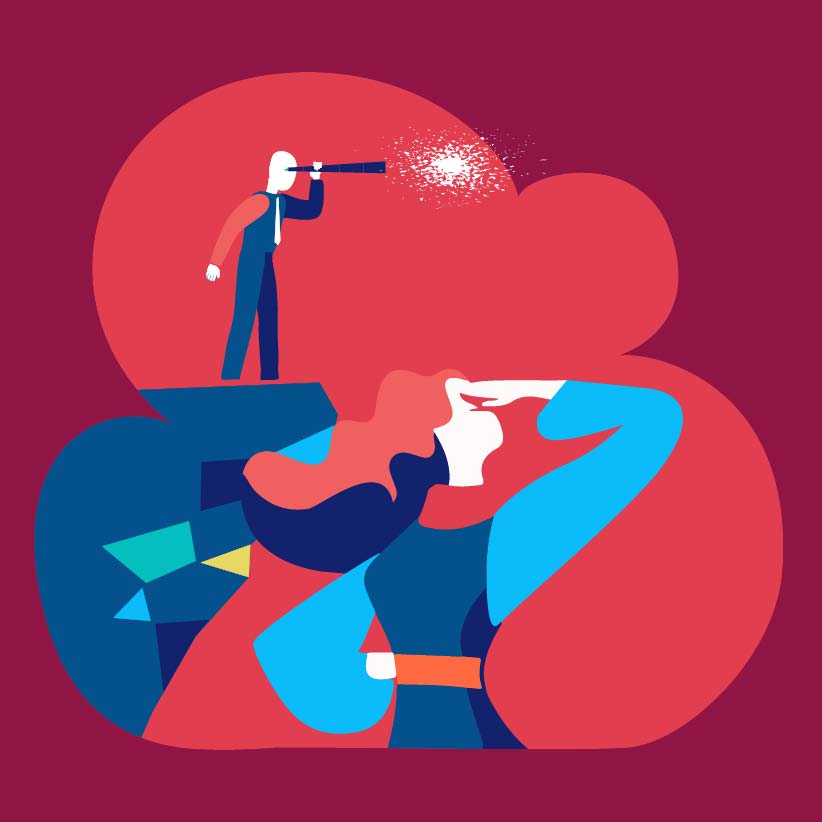Creation as the Human Essence
In a world surrounding us with material, creation has become part of our essence, a key piece in the evolution of mankind.
Featured Contribution
- Comments:
- 0
- Votes:
- 2
- ES
At present, we live in a developed world, with a full evolution in every aspect, from social to technological, spanning through many subjects. If we take a look around us, everything has been previously designed; everything has a specific function, no matter how insignificant it is. Every creation is born out of necessity and, consequently, every creator would be a designer. Nature is the mother of creation in a level of perfection. Everything around us is designed, or was designed and created some time by something or someone.
From its beginnings, the human being has always been a creative being. If we dive into history, we can retake traces of creation in many sections and lapses of mankind's existence. Every creation was a part of the chain that brought life to us as we know it, starting from the first humans creating their hunting tools, based on the large predators and with a clear necessity of feeding, up to those who wore animal fur for the first time to keep themselves safe from the cold weather. Humans have expressed art in their caves, inspired on the sun and the stars, and even mimicked wild packs in their ways of grouping to coexist. In some way or another, mankind has always created. At the beginning, guided and driven by survival and curiosity, but always with a clear intent: to satisfy needs, as if creation was part of its essence.
There's something in common throughout all of these creations, observable even today, sometimes discreetly, sometimes not so discreetly: humanity always creates based on something. This is, in order to create, man needs to copy. Creation isn't synonymous with spontaneous generation, thus creation doesn't exists from nothingness. The creational act requires of a somewhat complex mental process, a sway of ideas submerged in a sea of subsequences that, in the end, throws some results. That is the real creation: a reorganized copy of something, in order to satisfy an urge.
It may sound contradictory, as the concept of creation involves the production of something from nothing, but in reality, you can't create something out of nothing. On the contrary of what we're used to hear, spontaneity and creation aren't related. Every developed creative process is always based on something previously existing, clearly emerging on its creation.
So, copying isn't necessarily wrong, in any sense. In order to become creation, every copy must go through an incisive mental process. By nature, every human being needs to copy. One is consequence of the copy subject. For instance, in order to become a human being we need to interact with other human beings, copy their behaviour, replicate their genetics, their instinct, their culture. We need to copy our being from other beings. Creation is in our nature, whether it is by curiosity or necessity. If we weren't able to create, we'd stop being humans.
Boost your career
Don’t just stop at reading. Discover our updating and specialization programs to take your professional profile to the next level.
View Academic OfferShare
Please value the editorial work by using these links instead of reproducing this content on another site.

Topics covered in this article
What do you think?
Your perspective is valuable. Share your opinion with the community in the discussion.
Comment now!



